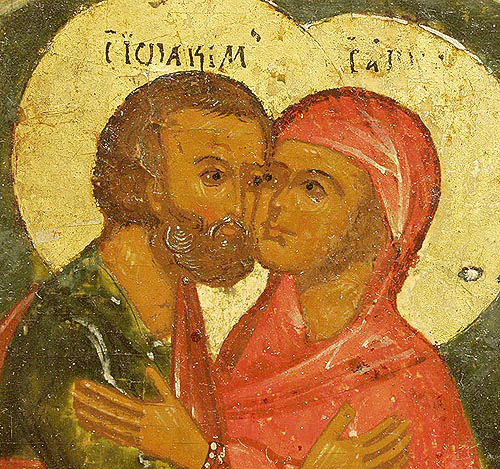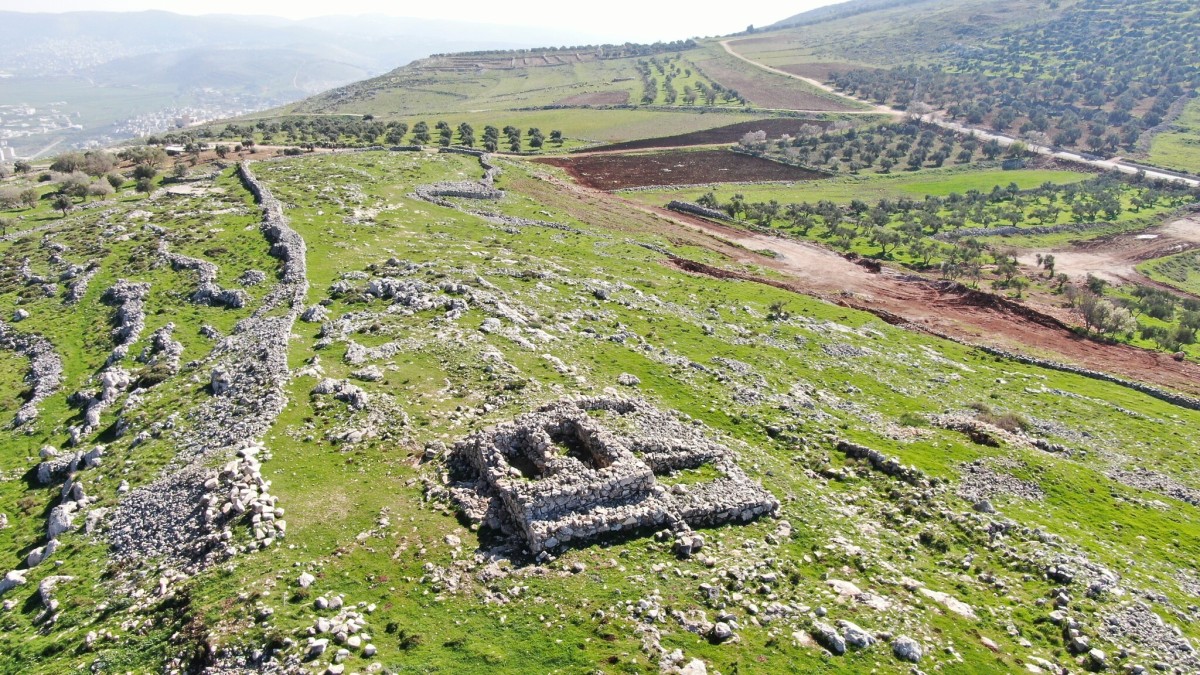This specific topic is a hot-button issue. Divorce is widespread, and divorced people tend to be ostracized in the church. I am a child of divorced parents. Both of my parents remarried and have since divorced. Both sets of my grandparents were divorced. Growing up in that environment doesn’t inspire much hope in marriage, but when we look to God, he gives us the proper view. I am one person and can only do what I can do. My wife also wants to live for Jesus, which helps our marriage. If either of us became selfish, it could end in divorce.
I have empathy for divorced people because they tend to be viewed one way by the church, but what a lot of people may not know is how hard some have fought to preserve their marriages. Through no fault, they could only do their part and not their spouse’s part. There are some scenarios that Jesus doesn’t address—desertion, physical and mental abuse, toxicity in marriage (substance abuse), and some others. My rule is that you must leave if you are in a home where you live in fear. My mother suffered domestic abuse, and the bravest thing she did was to go. Many women stay for reasons most of us won’t understand, some to their peril. We should support such people, especially those who hold our beliefs about this topic. Some will not leave because of what Scripture says on this topic because they feel they will be sinning, and I have had to remind several women that Jesus commands the husband to love his wife as Christ loves the church. Many husbands fail to do this when they are careless or abusive in any specific way.
According to Forbes, half of all first marriages end in divorce. Second and third marriages fail at a higher rate. The average length of a marriage is eight years. When I do premarital counseling, I encourage couples to agree on four things: 1) religion (I would discourage a Christian marrying a Muslim, atheist, etc. We’re not to be unequally yolked), 2) money, 3) children (do you want to have them; how many do you want; how will you raise/discipline them?), and 4) inlaws (setting boundaries). Marriages will have their ups and downs, but when we are married, we say, “I do,” not, “I’ll try.”
Jesus builds a hedge against adultery, saying that if you look at a woman with lust, you’ve already committed adultery. The term gyne is used here, and it is not a term that can be translated as “maiden” (kore) or “virgin” (parthenos). The woman in question may have been another man’s wife, so to look at another man’s wife with lust is adultery. Were it the other two, it may not be adultery unless the man looking upon her was married. In that case, it would be fornication. Both are sinful, but it’s essential to be as precise in the context as possible. The law prescribed that both offenders were to be put to death (Lev. 20:10), reminding us of the woman caught in adultery (despite the man not being brought forth). I couldn’t find evidence of this capital punishment being carried out.
Amy-Jill Levine wrote that a Jewish man could have sexual relations with a divorcee, prostitute, or another unmarried and unengaged woman. At the same time, he was married, and it wasn’t considered adultery, which I find odd. The command is one-sided here and likely so due to the makeup of society at the time. Women are as capable of doing what the man here does. “Lust” could be translated as “covet” or “desire.” Israel was guilty of adultery by her eyes in lusting after idols (Ezek. 6:9). The rest of what he says in verses twenty-nine and thirty are standard rabbinic hyperbole. He isn’t commanding bodily mutilation but emphasizing that whatever is the cause of the temptation is what should be eliminated from the person’s life lest they are cast into hell. In our time, it may be social media, rendezvous with someone of the opposite sex, etc. A lot of people criticized Mike Pence because he doesn’t meet with women alone, something called the Billy Graham rule, but he does that to protect himself and his marriage because people talk.
Jesus begins his discussion on divorce by referring to Deuteronomy 24:1–4. Our phrase “some uncleanness” in Hebrew is vague. At its root, it means “nakedness,” “genitals,” or “indecent.” Some suggest this has to do with barrenness. Others say that it has to do with infidelity. Robert Alter points out that the same idiom appears in Deuteronomy 23:14 (v. 15 in his text) and denotes prohibited sexual nakedness. The jury remains out of what was meant, but when we turn back to Matthew, Jesus says a man may divorce his wife for “sexual immorality” and not “adultery.” We have two different words for the two used a few verses earlier. Sexual immorality derives from the word that gives us the English word “pornography.” This term is broad and encompasses adultery, harlotry, incest, idolatry, and fornication (which can include premarital sex). In Deuteronomy, the summary was that if a husband divorced his wife and she married again, he could not take her back because another man had defiled her. Here, however, whoever marries this divorced woman commits adultery. Jesus restricts the meaning they had.
On another occasion, Jesus is tested on this topic in Matthew 19. Once more, Deuteronomy 24 begins the conversation. There were two prevalent schools of thought at that time. The House of Shammai was pretty conservative in that a person could only divorce for adultery (Gittin 9:10). The House of Hillel takes a no-fault position, which means for any reason. Jesus appeals to God’s intent on creation by making one man and one woman. Their joining together isn’t meant to be separated. God hates divorce (Mal. 2:16), but we have to remember that God divorced Israel (Jer. 3:7–8), so he has a vested interest in the topic. He explains why they were given the exception when they pressed the topic. This teaching is so conservative that his disciples ponder celibacy.
There’s one last text worth looking at that some call the Pauline exception in 1 Corinthians 7:10–16. In context, some had converted while their spouse remained unconverted to faith in Jesus. In this case, they were to live with one another peaceably. Still, some use a phrase to justify divorce and remarriage: “A brother or a sister is not under bondage in such cases” (v. 15). They suggest that this permits the believer who’s been deserted to marry again. I can’t see Paul contradicting Jesus, and I don’t believe that’s what he means. The whole context is him urging Christians to remain or reconcile with their unbelieving spouse, but if the unbeliever departs, the believer isn’t obligated to stay with them.









